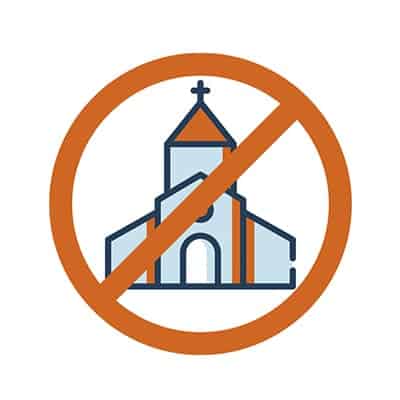Racism in the United States
Can be Thwarted by Catholic Social Teaching
The Church Condemns Racism
Cannot be Overcome with Violence
“The Church reproves, as foreign to the mind of Christ, any discrimination.”
Pope St. Paul VI, 5
“The Church’s doctrine affirms…all racist theories are contrary to Christian faith and love…Racism and racist acts must be condemned.”
The Church and Racism, 33
The Church Condemns Racism
Agreeing that: “Any doctrine of superiority based on the difference between races is scientifically false, morally condemnable and socially unjust and dangerous”.
UN International Convention on the Elimination of All Forms of Racial Discrimination
- “It is therefore inconceivable for those who accept the Gospel message…to deny fundamental human equality in the name of the alleged superiority of a race or ethnic group”. (Pope St. Paul VI)
- “Whoever exalts race…distorts and perverts an order of the world planned and created by God”. (Pope Pius XI, 8)
- “We cannot tolerate or turn a blind eye to racism and exclusion in any form”. (Pope Francis)
There is a Need to be Clear!
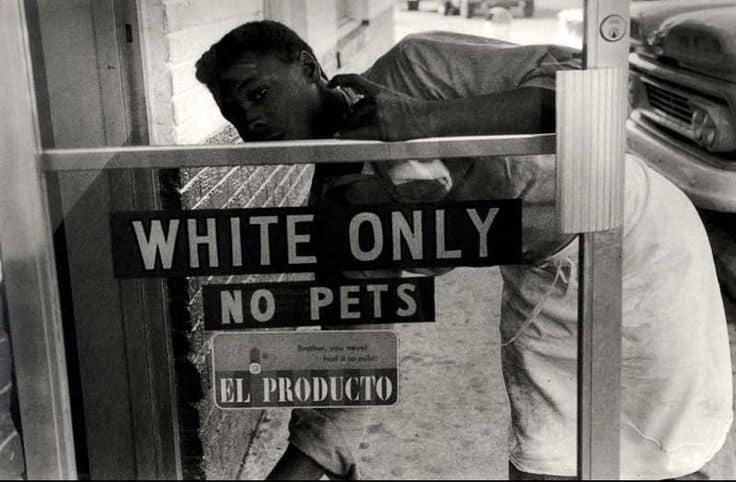
What is Racism?
“Racism as such is applied to contempt for a race characterized by its ethnic origin, color or language“. (The Church and Racism, 33)
“Racism is a sin that constitutes a serious offence against God.” (Pope St. John Paul II)
“Racism is…a cause of division and hatred within countries whenever individuals and families see…themselves unjustly subjected to a regime of discrimination because of their race or their color.” (Pope St. Paul VI, 63)
“The Christian should never make racist claims or indulge in racist or discriminatory behavior”. (Contribution to World Conference Against Racism, 6)
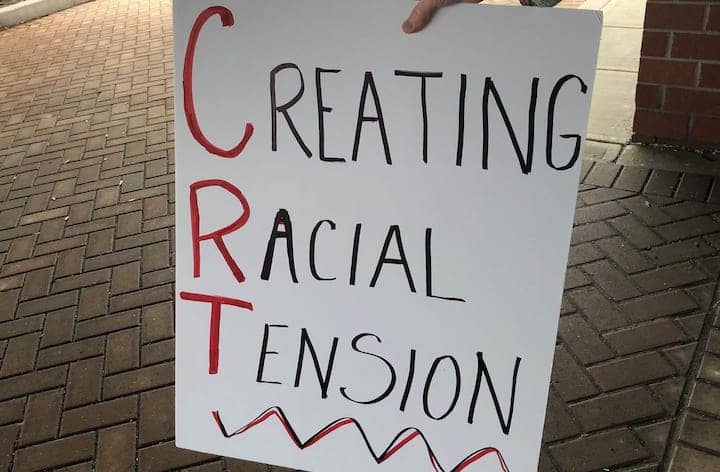
What About Critical Race Theory, BLM, “Equity”…?
“Today racism has not disappeared. There are even troubling new manifestations of it”. (The Church and Racism, 8)
The Church is “concerned with preventing victims from having recourse to violent struggle and thus falling into a racism similar to that which they are rejecting.” (The Church and Racism, 27)
“If, in fact, race defines a human group…racist behavior, can be applied…to all persons”. (The Church and Racism, 8)
“No foundation therefore remains for any theory or practice that leads to discrimination“. (Pope St. Paul VI, 5)
Read More
“Acts of discrimination…must be denounced and brought to light without hesitation and strongly rejected“. (The Church and Racism, 26)
“The victims of racism, wherever they may be, must be defended.” (The Church and Racism, 26)
“None but superficial minds could…attempt to lock within the…narrow limits of a single race“. (Pope Pius XI, 10)
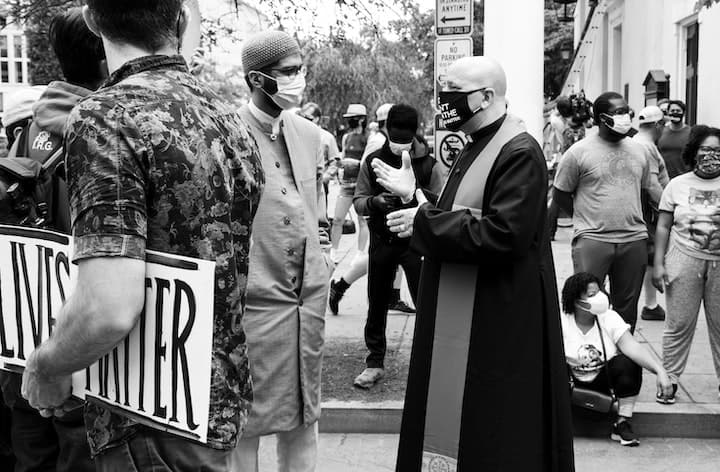
What Does the Church Propose?
The Church proposes “the unity of the human family, embracing people who enjoy equal natural dignity”. (Catechism of the Catholic Church, 1911)
“The Church wants first and foremost to change racist attitudes, including those within her own communities. (The Church and Racism, 33)
Why?
“The Church founded by the Redeemer is one, the same for all races”. (Pope Pius XI, 18)
“As God’s sun shines on every human face so His law knows neither privilege nor exception.” (Pope Pius XI, 10)
This is why “All forms of discrimination must be firmly opposed.” (The Church and Racism, 33)
What About in Practice?
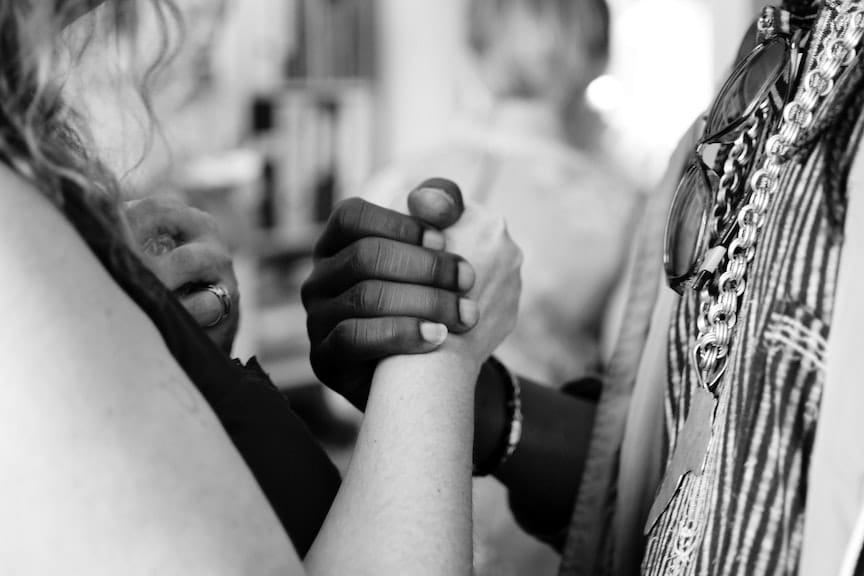
It’s Practical
“[I]t is important to educate to a positive appreciation of the complementary diversity of peoples.” (The Church and Racism, 33)
Because,“[W]ithout education in moral values…every construction of peace remains fragile; it is even doomed to failure”. (Pope St. John Paul II, 7)
Therefore, “She patiently prepares a change in mentality without which structural changes would be in vain.” (The Church and Racism, 27)
Read More
“She offers a place for reconciliation”. (The Church and Racism, 33)
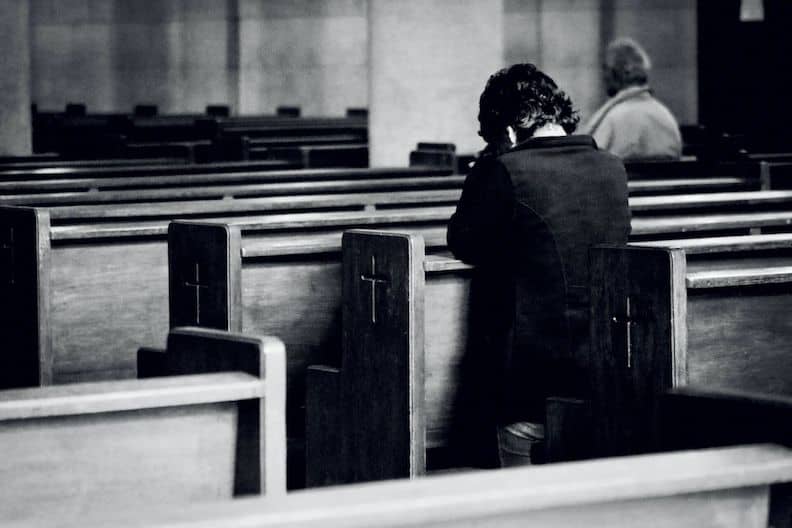
It’s Spiritual
“She preaches love“. (The Church and Racism, 27)
“She appeals…to the moral and religious sense of people.” (The Church and Racism, 33)
“She invites all to act in such a way that hatred be banished.” (The Church and Racism, 27)
“She asks God to change hearts.” (The Church and Racism, 33)
Read More
“Despite the sinful limitations of her members, yesterday and today, she is aware of having been constituted a witness to Christ’s charity on earth, a sign and instrument of the unity of humankind.” (The Church and Racism, 33)
The Solution is Catholic Social Teaching
First: We need to recognize everyone’s human dignity!
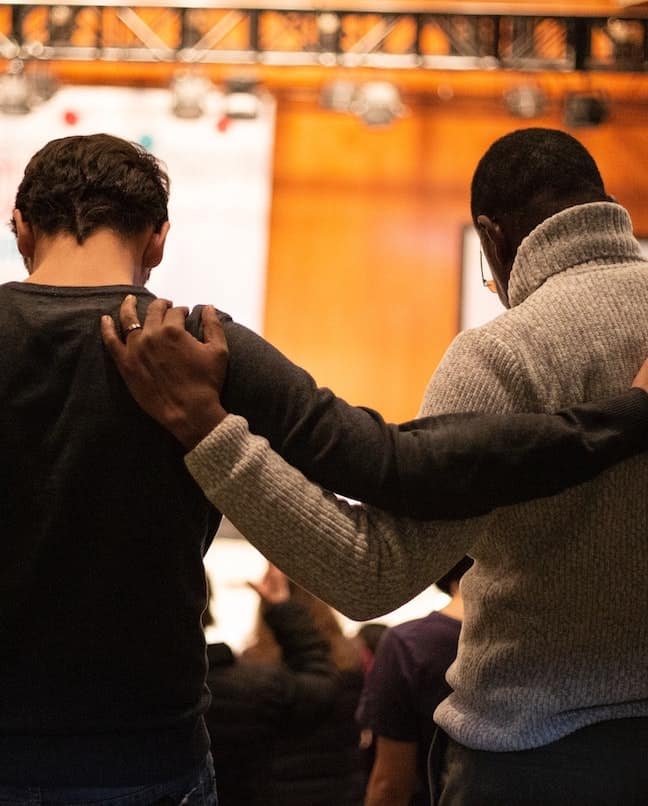
Solidarity
In fact, solidarity is “the only path forward, out of the complete moral bankruptcy of racial prejudice”. (Pope St. John Paul II, 4)
“We cannot truly call on God, the Father of all, if we refuse to treat in a brotherly way any man, created as he is in the image of God.” (Pope St. Paul VI, 5)
Therefore, “The message [the Church] proposes to everyone, and which she tries to live is: ‘Every person is my brother or sister.'” (The Church and Racism, 33)
“Man’s relation to God the Father and his relation to men his brothers are so linked together that Scripture says: ‘He who does not love does not know God‘ (1 John 4:8).” (Pope St. Paul VI, 5)
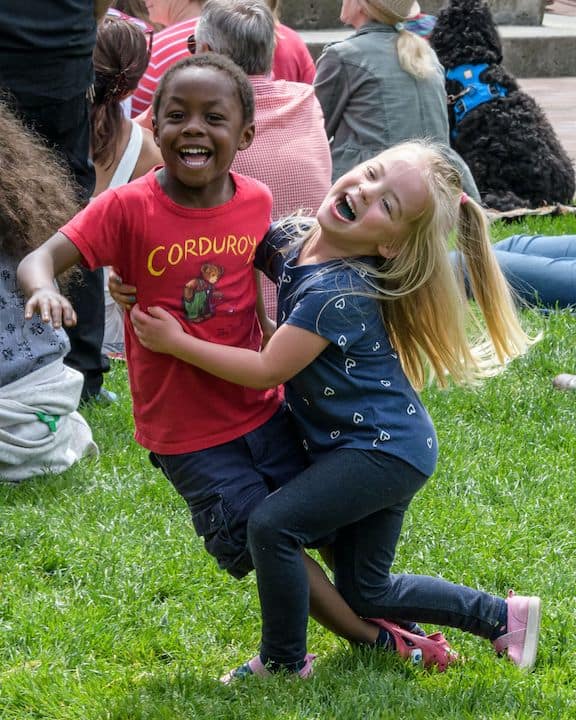
Human Dignity
No one is born racist or without the ability to reject racism. And…
NO ONE CAN TAKE AWAY OUR DIGNITY!
This prime principle of Catholic Social Teaching “is the most profound reason for the inviolability of human dignity against every attempt to evaluate the person according to utilitarian and power-based criteria.” (Pope Benedict XVI)
This “Truth calls for the elimination of every trace of racial discrimination“. (Pope St. John XXIII, 86)
“Respect for every person and every race is respect for basic rights, dignity and fundamental equality”. (The Church and Racism, 33)
Read More
“[T]he Catholic Church considers it its duty to preach the equal dignity of all human beings, created by God in His image”. (Contribution to World Conference Against Racism, 6)
“Flowing from [human dignity] are the two other key principles: solidarity and subsidiarity. These principles, put into practice, result in the common good.” (Contribution to World Conference Against Racism, 15)
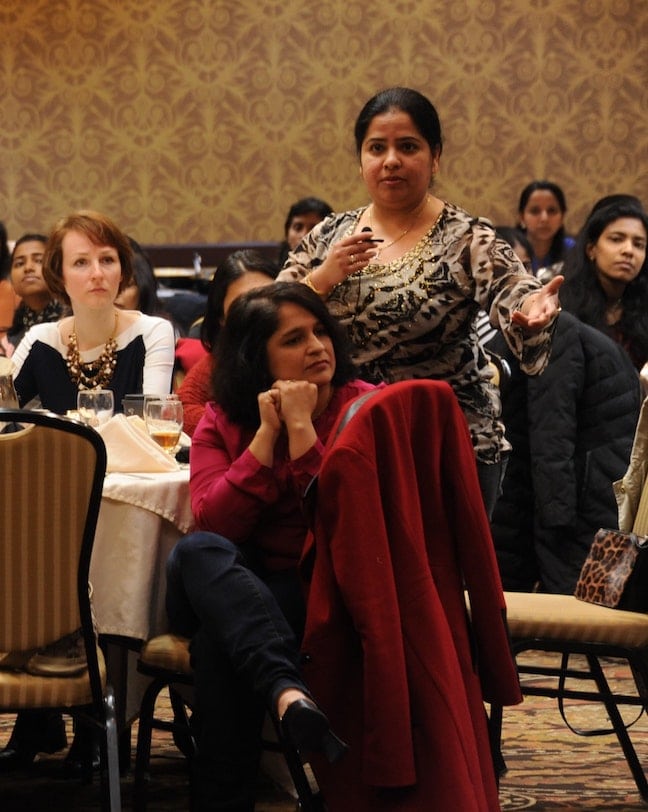
Subsidiarity
“Subsidiarity respects personal dignity by recognizing in the person a subject who is always capable of giving something to others.” (Pope Benedict XVI, 57)
“No actual or established power has the right to deprive peoples of the full exercise of their sovereignty.” (Pope Francis, 3.2)
“Experience has shown that where personal initiative is lacking, political tyranny ensues.” (Pope St. John XXIII, 57)
“The value of human dignity…takes precedence over all political decision-making”. (Pope Benedict XVI)
Read More
The principle of subsidiarity lies at the heart of a stable social order by fostering the personal responsibility that naturally accompanies individual liberty – ensuring that personal interest is not placed in opposition to societal interests – and by seeking to bring individual desires and the demands of the common good into fruitful harmony.

















